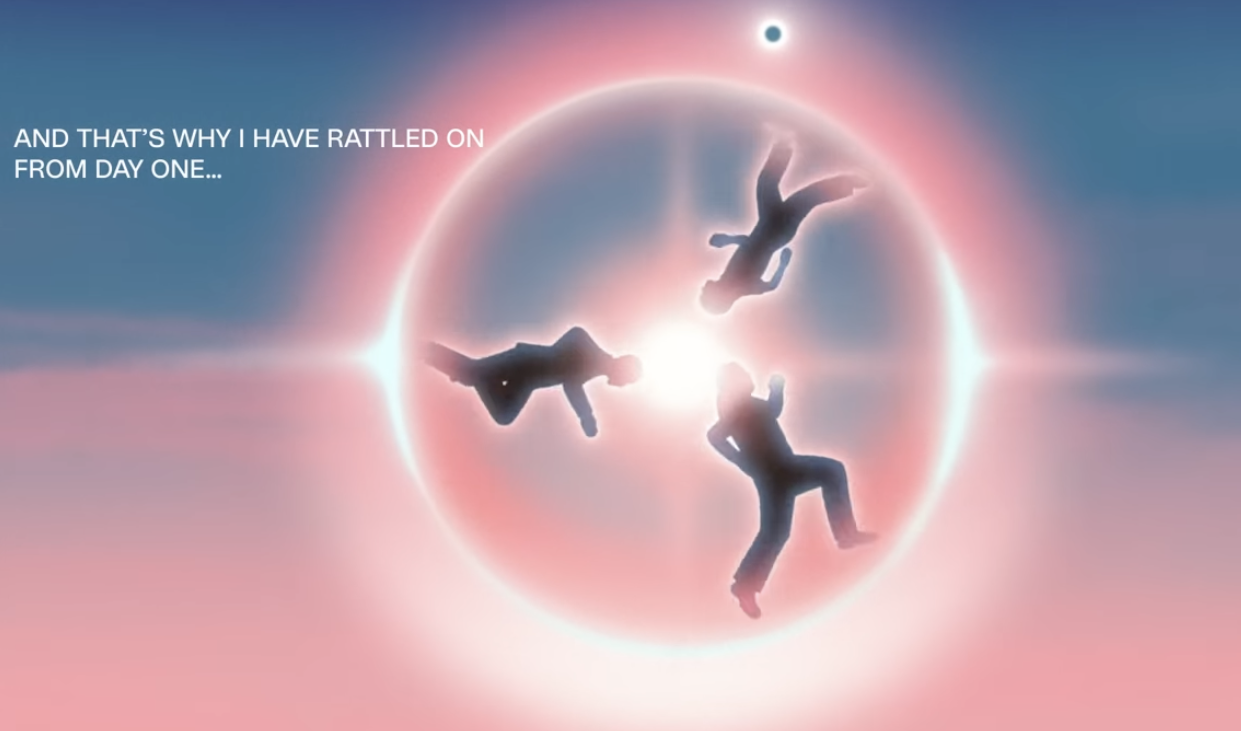Lesslie Newbigin, on how the ecclesial debates over social justice versus individual salvation are often “embodied in a structural dichotomy”:
The concern of those who see mission primarily in terms of action for God’s justice is embodied mainly in programs carried on at a supra-congregational level by boards and committees, whether denominational or ecumenical. The concern of those who see mission primarily in terms of personal conversion is expressed mainly at the level of congregational life. The effect of this is that each is robbed of its character by its separation from the other. Christian programs for justice and compassion are severed from their proper roots in the liturgical and sacramental life of the congregation, and so lose their character as signs of the presence of Christ and risk becoming mere crusades fueled by a moralism that can become self-righteous. And the life of the worshipping congregation, severed from its proper expression in compassionate service to the secular community around it, risks becoming a self-centered existence serving only the needs and desires of its members. Thus both sides of the dichotomy find good reasons for caricaturing each other, and mutual distrust deepens.




